Related Research Articles
George Robert Aberigh-Mackay was a British educationalist and writer resident in India during his short adult life.
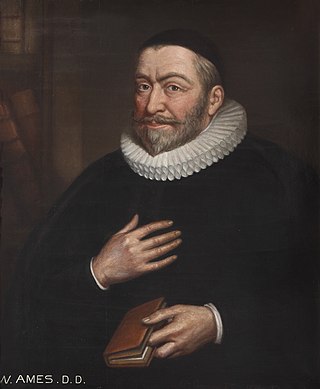
William Ames was an English Puritan minister, philosopher, and controversialist. He spent much time in the Netherlands, and is noted for his involvement in the controversy between the Calvinists and the Arminians.

Benjamin Jonson was an English playwright and poet. Jonson's artistry exerted a lasting influence on English poetry and stage comedy. He popularised the comedy of humours; he is best known for the satirical plays Every Man in His Humour (1598), Volpone, or The Fox, The Alchemist (1610) and Bartholomew Fair (1614) and for his lyric and epigrammatic poetry. He is regarded as "the second most important English dramatist, after William Shakespeare, during the reign of James I."
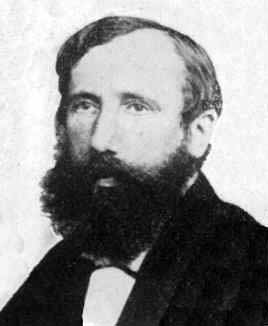
Isaac Todhunter FRS, was an English mathematician who is best known today for the books he wrote on mathematics and its history.
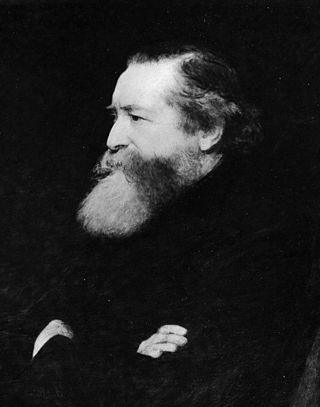
John Nichol, was a Scottish literary academic, and the first Regius Professor of English Language and Literature at the University of Glasgow.

George Long was an English writer and classical scholar.
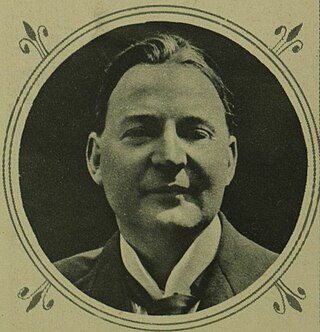
Charles Frederick Gurney Masterman PC MP was a British radical Liberal Party politician, intellectual and man of letters. He worked closely with such Liberal leaders as David Lloyd George and Winston Churchill in designing social welfare projects, including the National Insurance Act 1911. During the First World War he played a central role in the main government propaganda agency.

William Cunningham was a Scottish economic historian and Anglican priest. He was a proponent of the historical method in economics and an opponent of free trade.
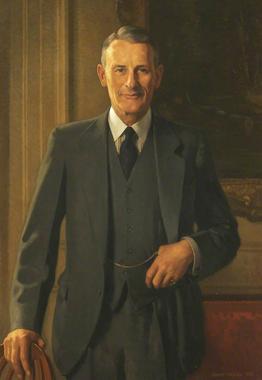
Sir John Cecil Masterman OBE was a noted academic, sportsman and author. His highest-profile role was as Vice-Chancellor of the University of Oxford, but he was also well known as chairman of the Twenty Committee, which during the Second World War ran the Double-Cross System, controlling double agents in Britain.
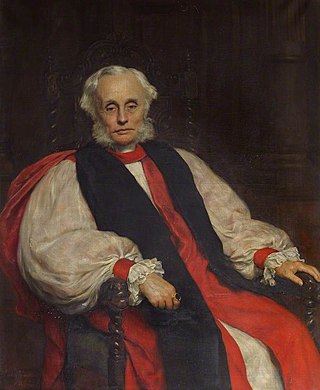
John James Stewart Perowne was an English Anglican bishop. Born in Burdwan, Bengal, Perowne was a member of a notable clerical family, whose origins were Huguenot.

James Ward was an English psychologist and philosopher. He was a Cambridge Apostle.
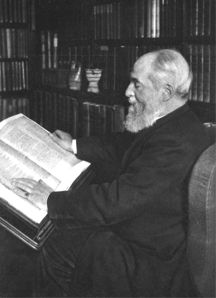
Henry Barclay Swete was an English biblical scholar. He became Regius Professor of Divinity at Cambridge in 1890. He is known for his 1906 commentary on the Book of Revelation, and other works of exegesis.
John Worthington (1618–1671) was an English academic. He was closely associated with the Cambridge Platonists. He did not in fact publish in the field of philosophy, and is now known mainly as a well-connected diarist.
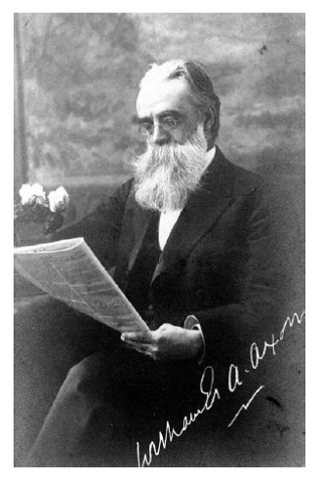
William Edward Armytage Axon was an English librarian, antiquary and journalist for the Manchester Guardian. He contributed to the Dictionary of National Biography under his initials W. E. A. A. He was also a notable vegetarianism activist.
John Alexander Stewart was a Scottish writer, educator and philosopher. He was a university professor and classical lecturer at Christ Church, Oxford from 1875 to 1883, White's Professor of Moral Philosophy at Oxford, and professorial fellow of Corpus Christi College, from 1897 to his retirement in 1927. Throughout his academic career, he was an editor and author of works on Aristotle and considered one of the foremost experts on the subject. His best known books were Notes on the Nicomachean Ethics of Aristotle (1892) and The Myths of Plato (1905).
Henry John Rose was an English churchman, theologian of High Church views, and scholar who became archdeacon of Bedford.
Charles Lethbridge Kingsford, FBA was a scholarly English historian and author.
Joseph Rawson Lumby (1831–1895) was an English cleric, academic and author and divine, Norrisian Professor of Divinity from 1879 and then Lady Margaret's Professor of Divinity from 1892.
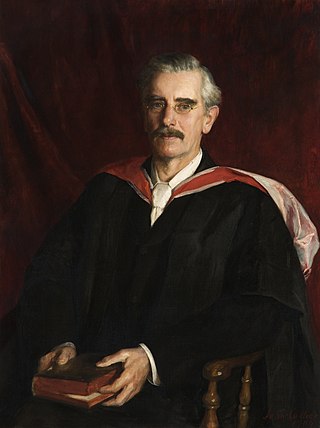
Augustus Samuel Wilkins (1843–1905) was an English classical scholar. He held a professorship of Latin in Manchester for 34 years.
Thomas McLauchlan (1815–1886) was a Scottish minister and theological author who served as Moderator of the General Assembly for the Free Church of Scotland 1876/77.
References
-
 This article incorporates text from a publication now in the public domain : Cousin, John William (1910). A Short Biographical Dictionary of English Literature . London: J. M. Dent & Sons – via Wikisource.
This article incorporates text from a publication now in the public domain : Cousin, John William (1910). A Short Biographical Dictionary of English Literature . London: J. M. Dent & Sons – via Wikisource.
- 1 2 "Mullinger, James Bass (MLNR862JB)". A Cambridge Alumni Database. University of Cambridge.
- 1 2 3 4 5 "Death of Dr. Mullinger. Historian of Cambridge University." The Times . 23 November 1917: 8.
- 1 2 3 4 The Journal of Education. Vol. 39 (1917): 720+.
- 1 2 3 Cattell, J. McKeen, ed. "Educational Notes And News." School and Society. Vol. VII No. 158 (January–June 1918): 16+.
- 1 2 3 4 5 Pollard, A.F., ed. "News And Notes." History: The Quarterly Journal of the Historical Association. Vol. II (January 1918): 230–31.
- ↑ "Mullinger's Schools of Charles the Great". The Saturday Review of Politics, Literature, Science and Art . 44: 216–217. 18 August 1877.